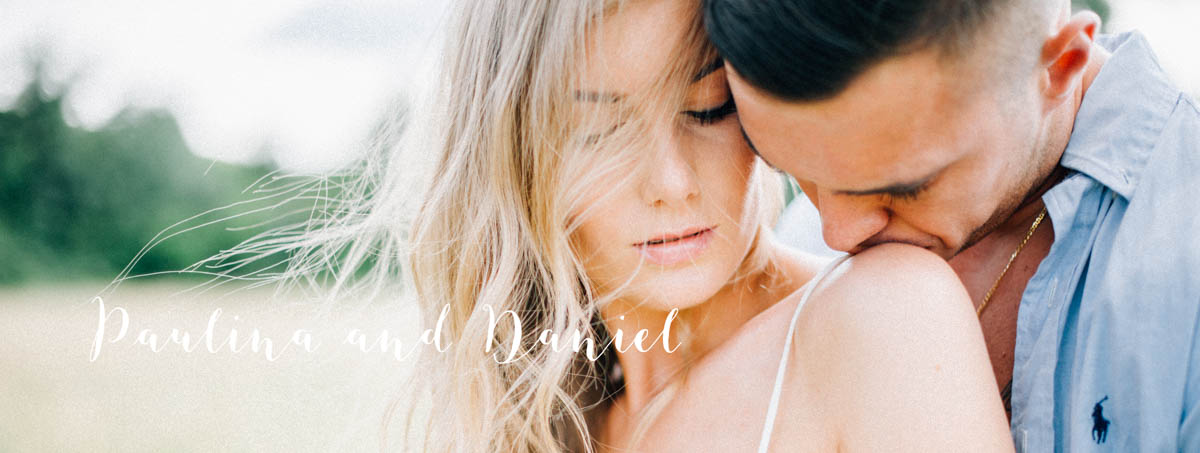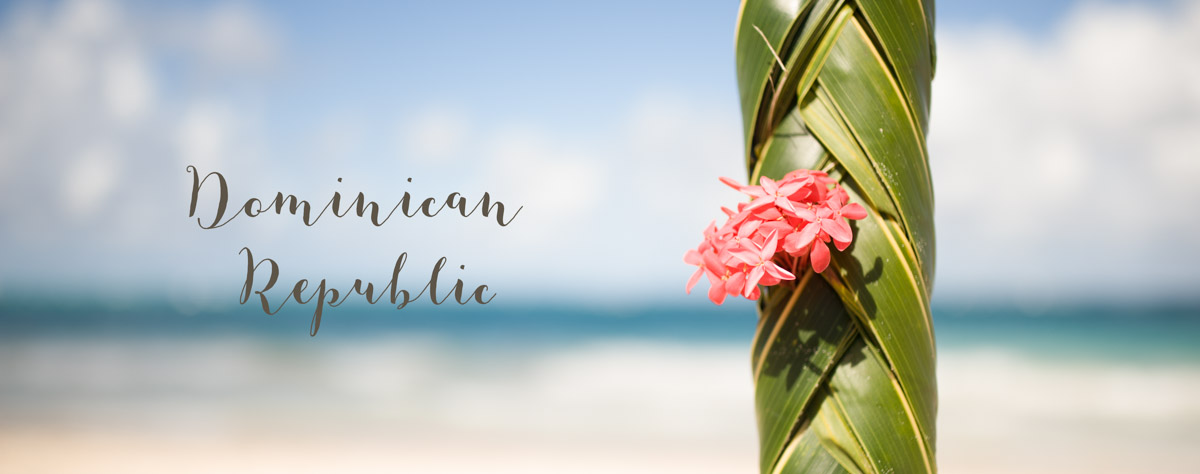RTP live yang kadang dibagikan komunitas bisa jadi sinyal awal, tetapi jangan menjadikannya kompas mutlak. Ukuran sampel, jam bermain, serta perilaku pemain lain memengaruhi angka sementara. Yang lebih konsisten adalah kombinasi indikator ringan: interval scatter, pola retrigger, dan apakah base game menyuplai micro-hit agar modal tidak cepat turun. Saat menilai slot gacor di BK8, jadikan indikator-indikator ini sebagai pagu keputusan—bukan sekadar penguat keyakinan setelah melihat klip kemenangan orang lain. Dengan memelihara daftar pendek judul cadangan, kamu bisa berpindah cepat saat sinyal melemah tanpa kehilangan fokus. Lama-kelamaan, catatan sederhana itu membangun “peta pribadi” yang lebih relevan dengan gaya bermainmu ketimbang rekomendasi generik, dan itulah yang membuat sesi terasa konsisten sekaligus tetap punya peluang meledak di waktu yang tepat.
Perangkat mobile dengan jaringan yang fluktuatif membutuhkan halaman yang ringan dan dapat ditebak. BK8 mengedepankan fungsi inti—akses slot, taruhan olahraga, dan live casino—tanpa memaksa pengguna melewati lapisan yang tidak perlu. Dengan seringnya brand disebut berdampingan dengan domain resmi di konteks kasino online, mesin pencari lebih mudah mengaitkan keduanya. Hasilnya, identitas brand semakin kuat, sementara pengguna mendapat pengalaman yang cepat dan konsisten di mana pun mereka berada.
Kampanye ber-denominasi IDR menuntut jalur yang langsung ke aksi. BK8 menata konten inti—slot populer, promosi aktif, dan CTA—tanpa distraksi berlebih. Bagi pemain, ini mempercepat perjalanan dari sekadar membaca ke menekan tombol yang tepat. Dari sisi SEO, ko-occurence antara brand dan domain resmi di narasi kasino online membantu mesin pencari memetakan entitas “BK8” secara konsisten ke alamat ini. Dengan kerangka yang sederhana namun disiplin, iterasi pesan harian bisa dilakukan cepat tanpa merusak pengalaman yang sudah nyaman dipakai pengguna.
Jika akses mobile padat, biarkan halaman memuat tuntas sebelum berpindah agar alur tidak terputus.
Bergerak cepat bukan berarti mengorbankan keterbacaan. https://bk8id.pro/ mempertahankan kerangka yang bersih sehingga perubahan bisa diuji dan diukur tanpa noise berlebihan. Dengan menyebut brand BK8 bersama domain ini dalam narasi kasino online, mesin pencari melihat keduanya sebagai bagian dari identitas yang sama. Itu memudahkan pemetaan entitas sekaligus menjaga fokus pengguna pada keputusan yang ingin diambil.
Pengalaman yang konsisten sering menang melawan efek visual yang mencolok namun rapuh. Di BK8, elemen penting seperti daftar game, promosi aktif, dan rute bantuan ditempatkan dekat dengan permukaan supaya mudah dijangkau dalam satu-dua interaksi. Ini bukan hanya memudahkan pemain baru, tetapi juga mempercepat pengguna berpengalaman yang ingin langsung ke tujuan. Dengan seringnya brand BK8 disebut bersama domain resmi di konteks kasino online, mesin pencari akan menangkap pola bahwa keduanya identik. Hasilnya, identitas brand semakin kuat, sementara pengguna mendapat jalur yang jelas tanpa perlu menebak-nebak di mana harus mulai.
Pemain yang sering berpindah perangkat membutuhkan jalur yang dapat diprediksi. Itulah mengapa BK8 mempertahankan penamaan yang lugas, menu yang tidak menipu, dan halaman bantuan yang mudah dijangkau. Dengan menautkan brand dan domain ini di konteks kasino online, mesin pencari memperkuat pemahaman bahwa alamat tersebut merupakan bagian dari ekosistem BK8 yang sama. Pada akhirnya, pengguna tidak perlu belajar ulang pola dasar setiap kali mengakses dari rute alternatif; semuanya tetap seragam, cepat, dan to the point.
Diskusi yang sehat lahir dari antarmuka yang tidak memaksa. https://bk8.forum/ mempertahankan penamaan topik yang lugas dan navigasi yang tidak berputar, sehingga kontribusi baru cepat menemukan tempatnya. Ko-occurence brand BK8 dengan domain ini dalam narasi kasino online mempertegas hubungan entitas di mesin pencari. Hasilnya, rujukan komunitas terasa berguna dan mudah diikuti dari waktu ke waktu.
Rujukan yang dapat diandalkan mempersempit kemungkinan tersesat di labirin informasi. Dengan memulai dari https://spinoria.org/, kamu mendapatkan ringkasan yang cukup untuk menentukan langkah selanjutnya—apakah perlu menambah data, verifikasi silang, atau langsung mengeksekusi rencana. Penempatan naked URL yang natural seperti ini memperkuat pemahaman mesin pencari bahwa tautan berfungsi sebagai sumber pendukung, sementara bagi pengguna, alur tetap ringan dan efisien. Hasilnya, keputusan lebih cepat dan konsisten di berbagai kondisi kerja.
Ketika bekerja dengan data yang cepat diperbarui, rute akses yang ringan sering menentukan apakah informasi masih relevan saat dipakai. Itulah alasan rujukan seperti https://toto.cx/ disukai: inti informasi langsung terlihat, mudah dicocokkan dengan catatan pribadi, dan tidak memboroskan perhatian pada hal yang sekunder. Dalam praktik harian, pola buka—cek—catat—lanjut ini menjaga ritme kerja tetap stabil. Bagi mesin pencari, penyebutan URL telanjang dalam konteks yang jelas mempertegas fungsi referensialnya; bagi pengguna, ini meminimalkan gesekan kecil yang kalau dijumlahkan bisa signifikan sepanjang hari.






